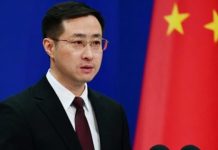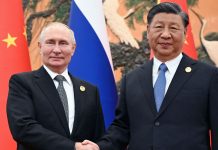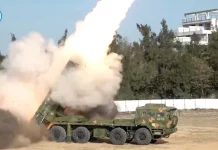BEIJING: Four months have passed since ChatGPT stepped into the spotlight. The advanced artificial intelligence (AI) chatbot trained by U.S. company OpenAI has become a global hit thanks to its surprising capabilities, including writing essays, poems and computer code, as well as pooling data. It has generated a lot of discussion about its business value, the progress of AI and the revolution of the Internet.
During this year’s Translators Association of China (TAC) Annual Conference, one main concern stood out: Will advanced technologies such as ChatGPT replace translators and interpreters and put them out of work? Fortunately, the answer most experts gave was “No.”
But that does not mean industry stakeholders can breathe a sigh of relief, as there are still many tough tasks in store for them. For instance, how to standardize translation in specific fields like traditional Chinese medicine, how to upgrade and train better translators and interpreters to serve the changing market, and how to promote effective and exact international communication through translation—a major topic of the conference.
“We need to upgrade the national translation capabilities to serve China’s international communication and to introduce its development amid profound changes in the world,” Du Zhanyuan, President of China International Communications Group (CICG) and the TAC, said at the conference. “There is an urgent need to enhance our voice in international discourse, deepen exchanges between civilizations and introduce Chinese culture to the world,” he continued, emphasizing the need to create a credible, positive and respectful image of China through accurate and vivid translation.
–The Daily Mail-Beijing Review news exchange item






